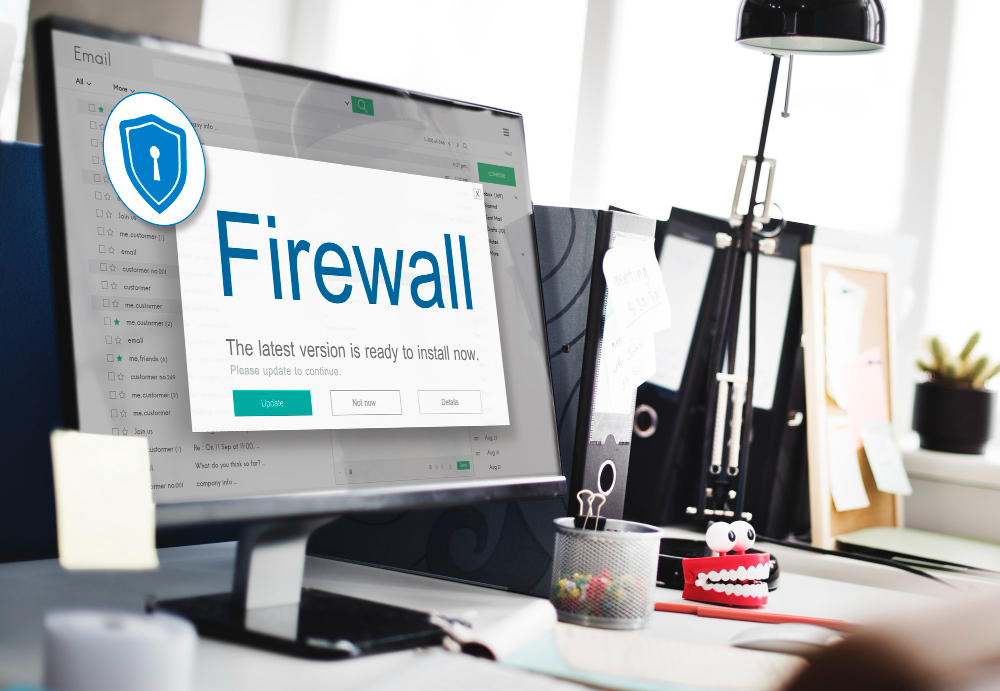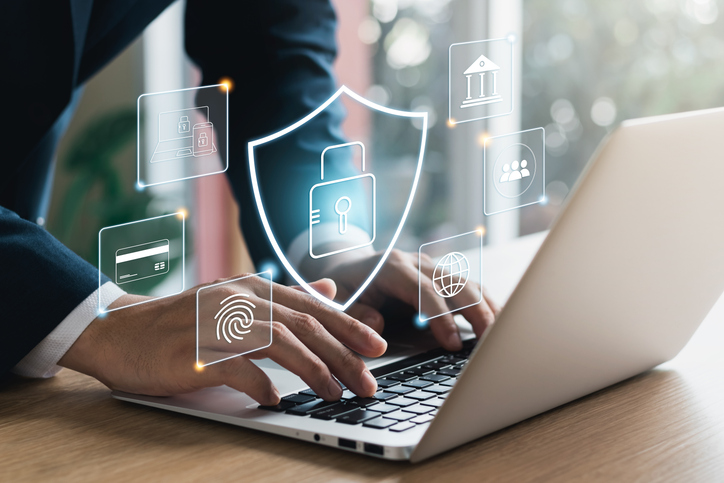Last week Hollywood A-listers including Tom Hardy and Leonardo Di Caprio were amongst those celebrating the launch of the new Solarin phone.
Solarin is a smartphone which offers customers “military-grade security and privacy”. But this security comes at a price – £11,500 to be exact. This phone is clearly targeted towards celebrities and the mega wealthy, who have been increasingly hit by intrusive phone hacks and data leaks and will pay a premium for privacy. But will the launch of this high-end device spark increased demand for digital from the general public?
Trends in the tech industry seem to suggest so. Last month WhatsApp introduced end-to-end encryption, Facebook messenger vowed to follow suit and the ever-growing popularity of Snapchat’s self-deleting photos indicates a thirst for privacy in our digital lives. The tech industry seems to be paying attention to the high-profile lessons of last year’s major privacy fails, most notably from TalkTalk and Ashley Madison.
TalkTalk saw not one, but two data breaches last year which led to thousands of customer’s bank details being stolen. The breaches prompted widespread panic from customers and highlighted the devastating impact that failure to adequately protect private data can have on a business. TalkTalk’s share price dropped 30 per cent following the attack, with the breach costing them an additional £35 million.
Similarly, illicit dating site Ashley Madison broke its fundamental promise of offering a “discreet” service to its users when a security hack saw all 32 million of its customers’ data exposed online. Needless to say, the business received a host of negative publicity and shattered consumer confidence in its offering.
So, what three things can businesses do to ensure they do not fall victim to a data hack and provide their customers with the levels of cyber security that are now being demanded?
1. Keep up-to-date
Too many websites are running on outdated and insecure software. The web landscape has changed dramatically over the years and many “grandfather websites” are simply not holding data securely. If your website was developed more than three years ago, it’s always advisable to run a stress test to make sure you are not susceptible to a TalkTalk-style security breach.
2. Passwords
It might sound simple, but you would be surprised at how many huge, global businesses have the simplest of website administration passwords. Users only need to access your back-end portal (easier than you might think!) and enter a correct password to gain access to your website and all its data. These “brute force” attacks are often the result of setting easily guessable passwords. Oh, and change your username from “admin123”. It’s not worth the risk.
3. Install security plug-ins, where possible
Security plug-ins on platforms such as WordPress aren’t bulletproof but they make hackers’ lives harder. Plug-ins will ultimately provide you with a “security health-check” and automatically give you suggestions for security improvement. Good plug-ins will trawl through log-in data and detect any potentially suspicious activity before it’s too late.
With security and privacy becoming a key part of a consumers’ decision to purchase products or engage with platforms, businesses must re-assess their priorities in an increasingly dangerous digital world
Ran Berger is the CEO of Flat Rock Technology.






